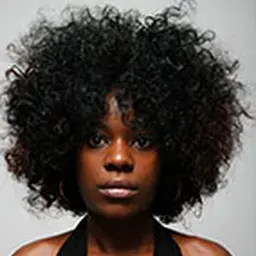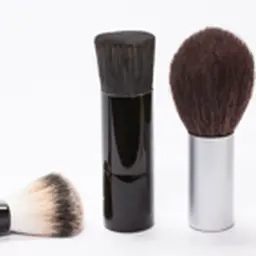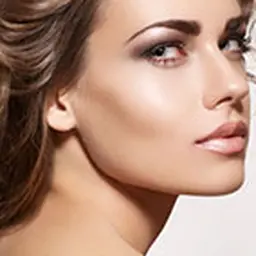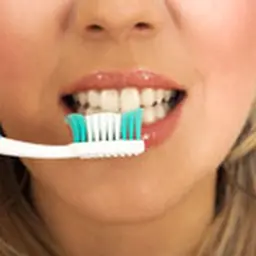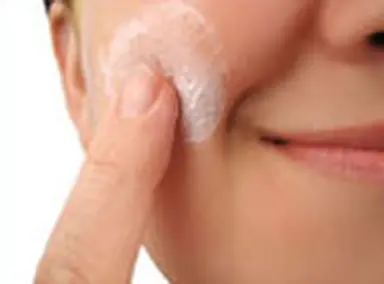
With its two m² (on average) (21.5 ft²) and its weight of 4 to 5 kgs (8.8 to 11lbs) when adult, our skin is the largest organ of a human body. It comes with several layers of tissues and is the first barrier against aggressions. That is why it must be pampered, and it must get the most suitable cosmetics to strengthen it and maintain it in the best condition …
From the very first day to the last day of an entire life, a skin changes and evolves. Consistently, it wipes off its dead cells from the surface of the epidermis (the outer and visible layer), a process that takes from four to six weeks. However, slowly but surely, its characteristics change … as the care it needs.
A skin’s life
 Our skin bases its balance on the
hydrolipidic film
, which continuously is formed on its surface. This film comprises water, or more exactly, sweat and fats, mostly
sebum
. Add dead cells that the skin is getting rid of. The quality and the density of this film are different, depending on the areas of the body; they also adapt to the season, or to the moment of the day … undergoing changes as well while ageing.
Our skin bases its balance on the
hydrolipidic film
, which continuously is formed on its surface. This film comprises water, or more exactly, sweat and fats, mostly
sebum
. Add dead cells that the skin is getting rid of. The quality and the density of this film are different, depending on the areas of the body; they also adapt to the season, or to the moment of the day … undergoing changes as well while ageing.
Note that this
hydrolipidic film
is the cutaneous barrier that prevents foreign substances to enter the body. It is also a factor for a balanced moisturization of the skin.
Baby is less protected
 At first sight, an infant’s
epidermis
is not that different from an adult’s. Nevertheless, a guess is that it needs 10 years to build its defenses. During these years, …
At first sight, an infant’s
epidermis
is not that different from an adult’s. Nevertheless, a guess is that it needs 10 years to build its defenses. During these years, …





